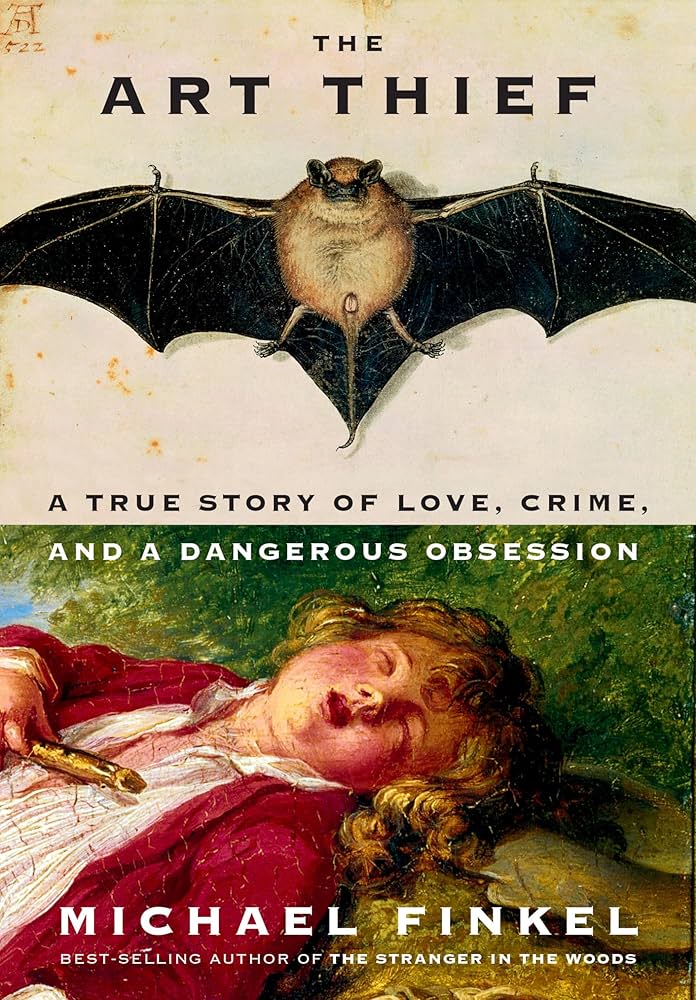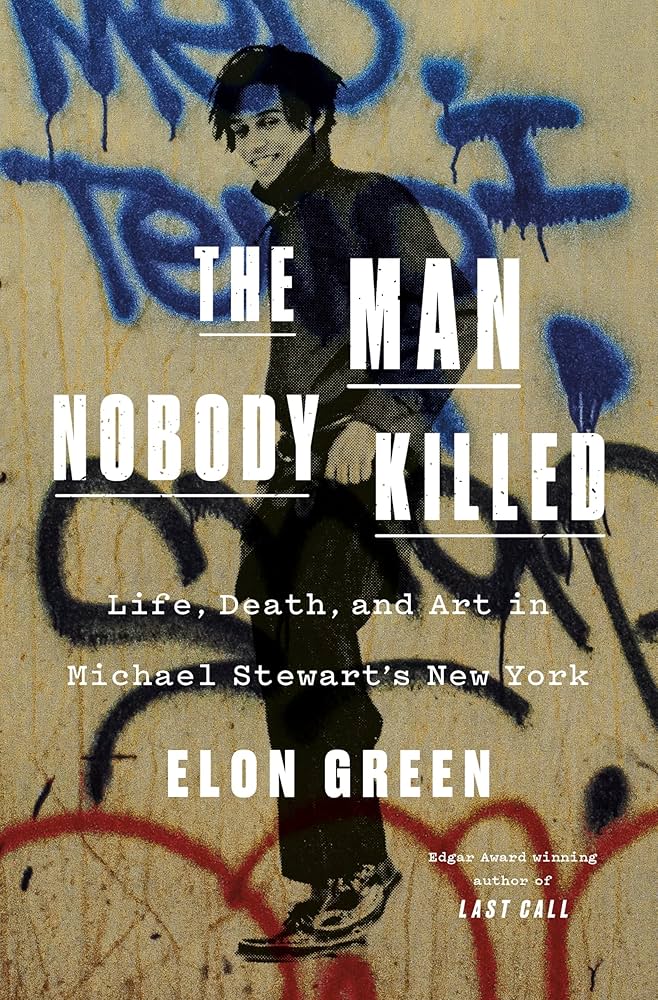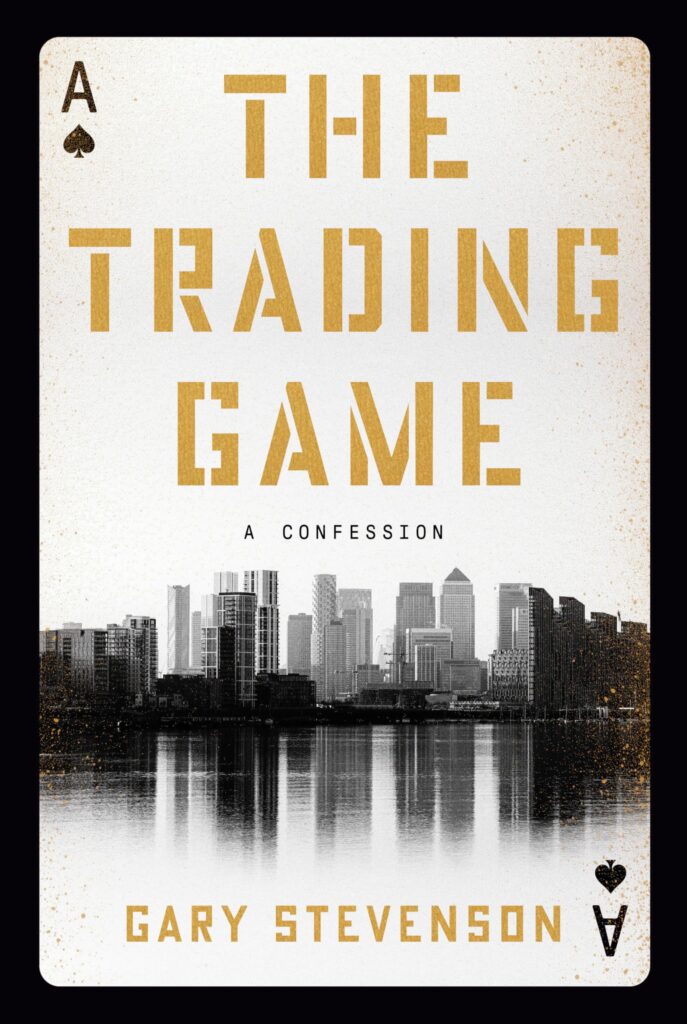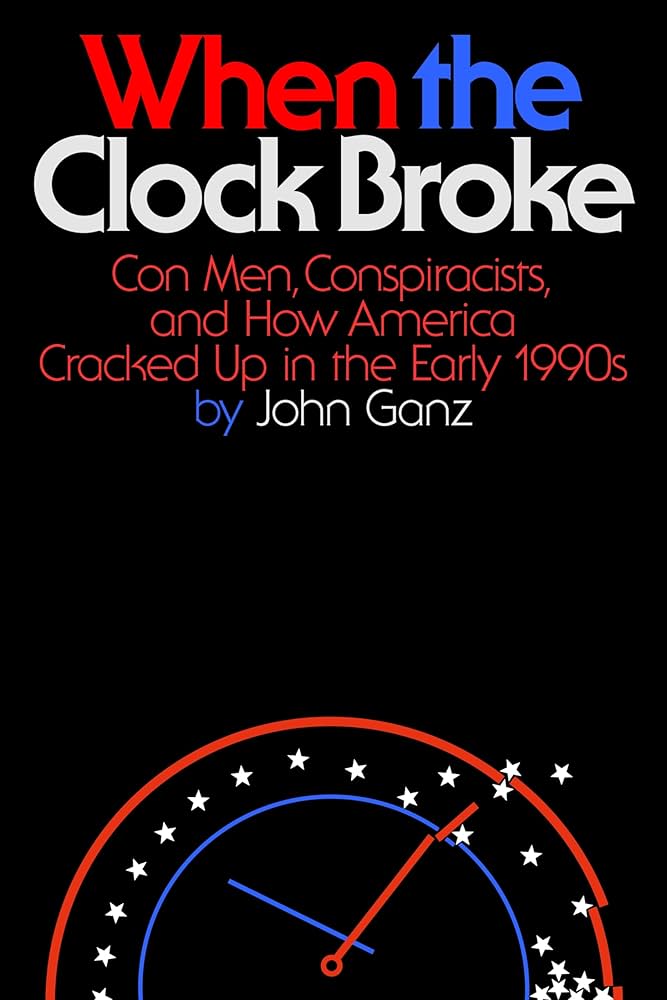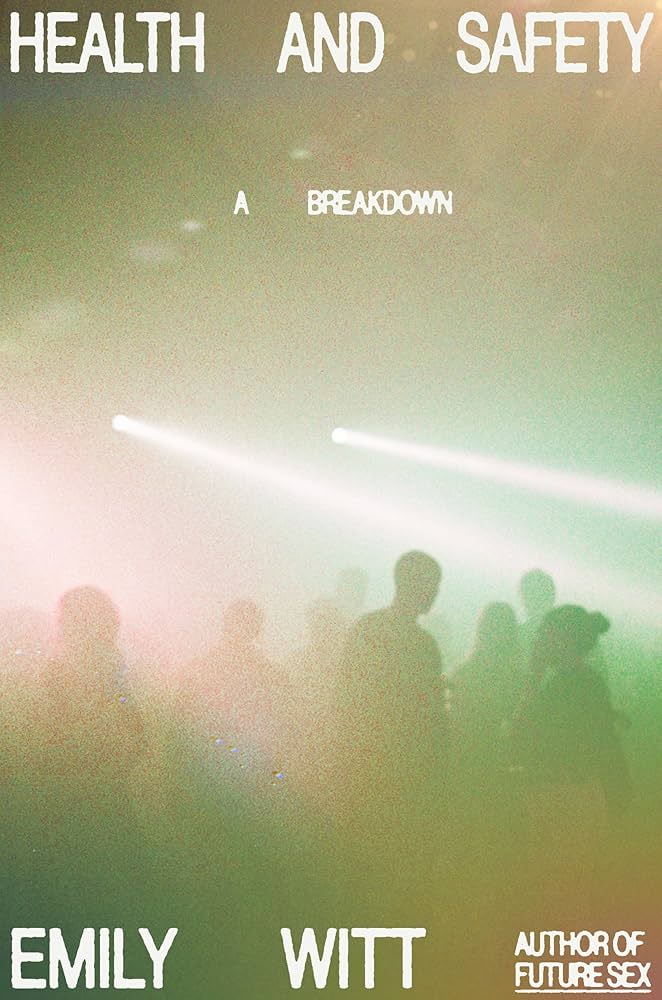I didn’t like this book. It’s overstuffed, the writing is overwrought, and Michael Finkel presents the main character’s perspective as the unvarnished truth, despite being told by actual psychologists that the guy is a manipulative sociopath. The ending is unsatisfying. But the biggest issue is that as a work of nonfiction, I didn’t believe it. And that was before I started reading about it and found out what kind of writer Finkel is.
The Art Thief is the story of Stéphane Breitwieser, one of the boldest and most prolific art thieves of all time. Over 15 years, he stole over $1B of art from various museums in Europe. He didn’t sell any of it. He eventually got caught. That’s true, and well-documented. What Michael Finkel does with the story is where the issue is. Either he’s credulous to a baffling degree, or he gave final veto authority to Breitwieser. Whichever it is, this book just smells off.
Breitwieser is the main source for the story — his long-term live-in girlfriend and his mother refused to speak to the writer, so it seems that Finkel took the criminal’s word as truth throughout. Breitwieser is cast as a sophisticated, misunderstood art lover, a true romantic, a man born in the wrong century, liberating or borrowing pieces from museums, like an act of mercy. Finkel references The Thomas Crown Affair as Breitwieser’s favourite film and paints Breitwieser as that character.
But the guy’s a monster, or at least some kind of sociopath. Finkel details actual abuse, both physical and emotional by the subject toward his live-in girlfriend and mother, both of whom seem relieved to see him locked up. The girlfriend is quoted as hiding an abortion (with the help of the mother) because “He scared me.” When Breitwiser found out about it, he hit her, while she was at work! Some gentleman.
What’s also frustrating is that there’s a great story to be told here – Finkel dips his toe into stories about historic art thefts, the black market for stolen relics, and other material that would both bulk up the book and build credibility, but fails to pursue any of those topics even to the depth of a Wikipedia page.
Finkel seems fully enamoured with Breitwieser, and I think he’s decided to tell the story this way not because he believes it’s true, but because he believes it’ll sell better. Game reconizes game, I guess. Finkel also details Breitwiser’s previous attempt to monetize his own story, which failed because he couldn’t stop himself from stealing shit. This is not a reliable narrator, but then again, neither is Finkel.
Finkel was fired by the New York Times in 2002 for fabricating his reporting. While researching cocoa farming in Mali, he made up a character based on stories from real people. Here’s that story (NYT gift link). Read the first Editor’s Note at the bottom to get an idea of what Finkel tried to get away with. It’s not embellishment for the greater good. It’s an insult to professional journalists.
Think about the process that leads him to make that all up. These are deliberate decisions. He’s a liar, and we should not take anything he writes at face value.
We also know, from this piece in Art News, that some facts as reported in this book are false:
Authorities have claimed that Breitwieser obtained well over $1 billion in art, a figure that mysteriously balloons to $2 billion at points in The Art Thief. This is tough to believe because Finkel generally doesn’t provide valuations for individual works. If only Finkel lavished as much attention on these specifics as he did on the screws that bound the cases for each work Breitwieser accessed.
There are also more basic errors, like one in which Finkel states that Pablo Picasso was detained by the French police in connection with the 1911 theft of the Mona Lisa. Actually, it was the poet Guillaume Apollinaire who was detained and later cleared.
So an established fabulist writes a romanticized profile of a sociopath and fails to even get basic facts correct. That alone should disqualify the book, but it’s received glowing reviews and made a bunch of best-of lists. How much of the narrative can we trust at all?

